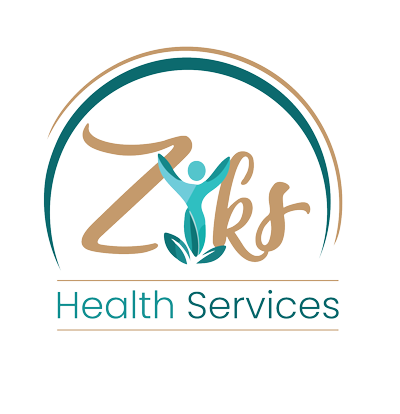Outpatient treatment for depression and anxiety
Do you need extra help to progress in an inpatient program, or you need outpatient treatment to cope with your depression, anxiety, other mood disorders, or related health problems? At Ziks Health, we can help you with our exceptional depression outpatient treatment option in Dallas, TX.
We offer inpatient and specialized outpatient treatment for depression and anxiety. Our experienced team of health professionals led by certified psychologists and psychiatrists helps reduce depression and anxiety symptoms. Get the necessary tools to navigate your path toward a happier and heathier life successfully.
What is inpatient treatment?
Inpatient treatment is for patients who are entering or getting the necessary treatment at an initial stage. It is an intense mental treatment for fast recovery. There is no hospitalization required. Health professionals adopt the same evidence-based approach to care used in most intensive programs to work with you in daily therapy for several weeks, depending on your plan. You will stay in touch with your family, but you cannot carry out regular activities. The components of therapy may vary by program.
While programs may vary, they all have one common goal: to provide you with a personalized treatment plan that gives you the tools to understand your behaviors and feelings, allowing you to set realistic goals and develop new skills to succeed.
Outpatient treatment for depression and anxiety
Ziks Health offers several specialized outpatient treatments for depression and anxiety to address diverse needs. These programs offer proven therapies in a structured setting, as well as nutritional and wellness education. Our goal is to help you reduce symptoms and improve your daily functioning while staying in touch with your family and other social support systems.
Outpatient treatment provides coordinated care in a safe and structured environment. The therapy can help with:
- anxiety, isolation problems, and introverted behaviors;
- depression and sudden mood swings;
- self-harm trends;
- complex attention deficit hyperactivity disorder (ADHD);
- school problems or a tendency to avoid situations;
- psychiatric issues related to traumatic events;
- challenge problems, frequent anger attacks, outbursts or threats;
- Consumption of alcohol or drugs to deal with emotional issues.
Why opt for outpatient depression and anxiety treatment?
People with mental disorders can present exacerbations of symptoms and recurrences due to the stressors of the epidemic that may affect them more than other individuals in the general population. These recommendations do not address patients directly, but to health personnel and the institutions that provide treatment:
- Precautions help practitioners to ensure that people with psychiatric disorders continue to receive outpatient treatment for depression and anxiety. Besides, if they are infected, they should receive treatment of the same quality as other people.
- Existing care services must be adapted to the new conditions. For example, through mobile units that visit patients with mental disorders do not do group therapy. If services are closed, allow trained personnel to use video calls and phone calls.
- Identify organizations that can help provide outpatient treatment for depression and anxiety, such as social groups.

